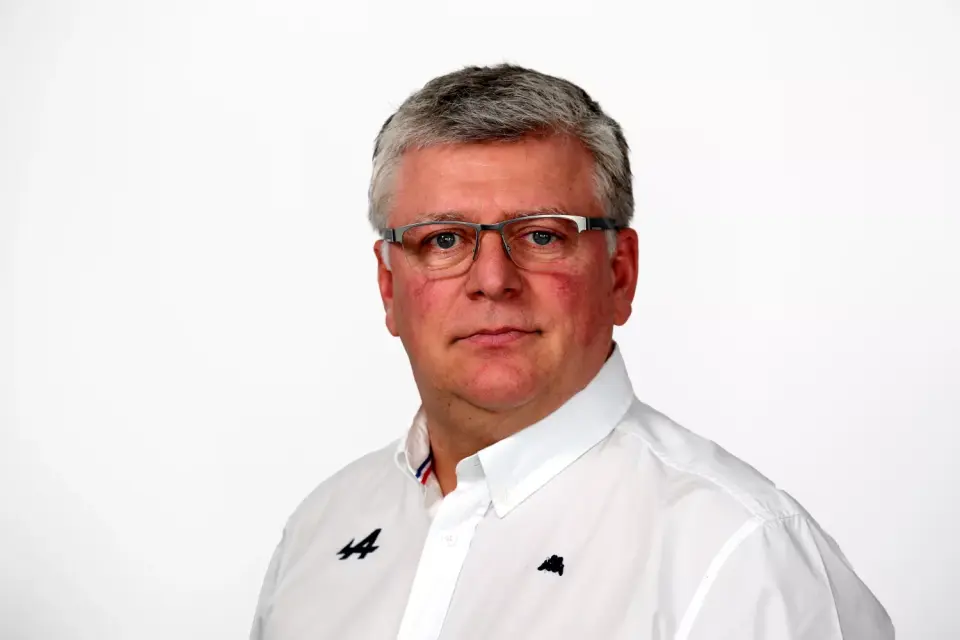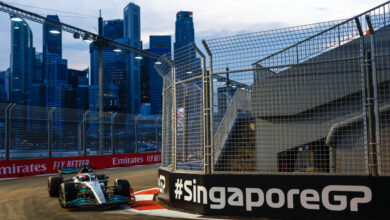Alpine’s Struggles in Bahrain Tied to Team Dynamics: Former Boss Speaks Out
In a revealing interview, former Alpine team principal Otmar Szafnauer criticizes the team’s “firing” policy, linking it to their poor performance in Bahrain. He asserts that a lack of “psychological safety” within the team has directly impacted their results.
Key Takeaways:
- Impact of Psychological Safety: Otmar Szafnauer, Alpine’s former team principal, attributes the team’s disappointing P17 and P18 finishes in the Bahrain Grand Prix to the absence of “psychological safety”, a result of the team’s frequent hiring and firing.
- Leadership Changes and Performance: Szafnauer, who was ousted in 2023 amidst a major team restructuring, highlights the negative influence of top-level decisions on the team’s dynamics and on-track performance.
- Continued HR Challenges: The departure of key personnel like Matt Harman and Dirk de Beer compounds Alpine’s human resources issues, significantly affecting the development and performance of their 2024 car.

The recent statement by Otmar Szafnauer, the former principal of the Alpine F1 team, sheds light on the underlying issues plaguing the team’s performance. His critical viewpoint comes after Alpine’s underwhelming show at the Bahrain Grand Prix, where they finished in the P17 and P18 positions. Szafnauer, who joined Alpine in 2022 and left during the Belgian Grand Prix weekend in 2023 as part of a broader restructuring, pointed to the team’s inconsistent hiring and firing policy as a major factor disrupting the atmosphere of stability and safety necessary for optimal performance.
Following Szafnauer’s exit, Alpine’s leadership saw further changes with Bruno Famin stepping in as the interim team principal before assuming the role permanently for the 2024 season. However, the team continues to face significant human resource challenges, as evidenced by the upcoming departures of technical director Matt Harman and head of aerodynamics Dirk de Beer, who are currently serving their notice periods until April.
This turmoil in the team’s structure seems to have taken its toll on the performance of the A524, their 2024 car, during the Bahrain Grand Prix. Szafnauer was forthright in his criticism of the team’s approach, telling Viaplay, “The stopwatch doesn’t lie and it didn’t look very competitive. I do understand that. People at the highest level making not-so-good decisions, firing people and not creating psychological safety in a team, that’s a result that happens thereafter. But I get it, it’s a hard game, Formula 1. You have to do a lot of things right and if you get some of them wrong, it bites you.”
As Alpine grapples with these ongoing challenges, their focus must now shift towards devising effective strategies to address these issues and improve their performance in the upcoming season. The ability of the team to bounce back from these setbacks and compete at a high level will be under close scrutiny within the F1 community, particularly with anticipated car upgrades in the pipeline. The situation at Alpine serves as a stark reminder of the complexities and high stakes involved in managing a successful Formula 1 team, where decisions at the top can have far-reaching implications on the track.



